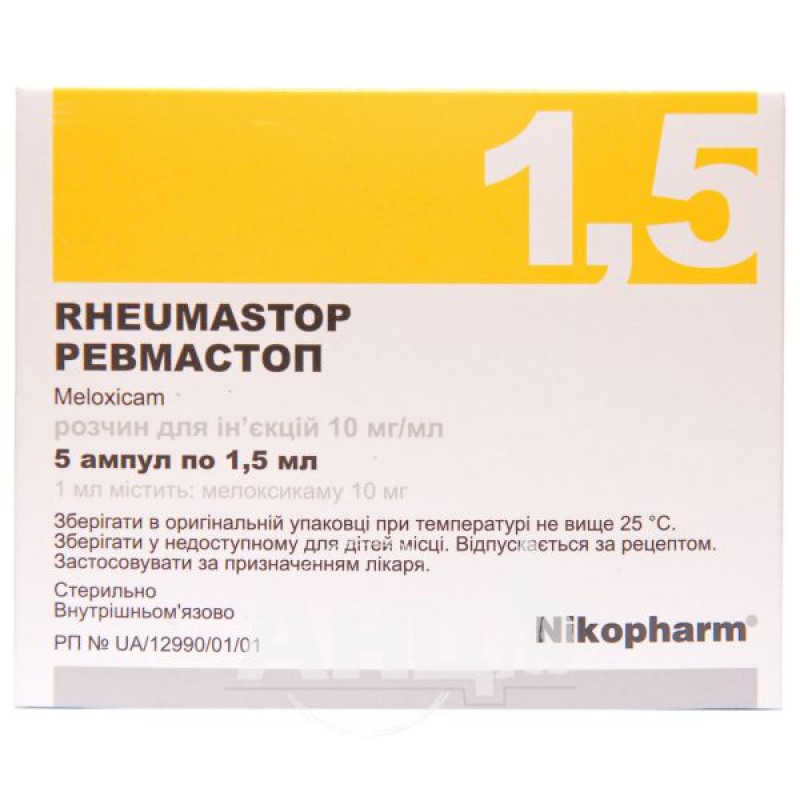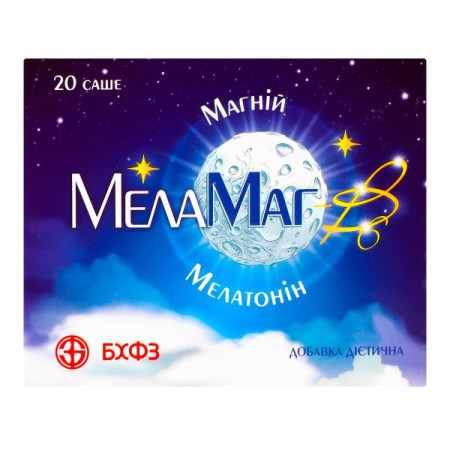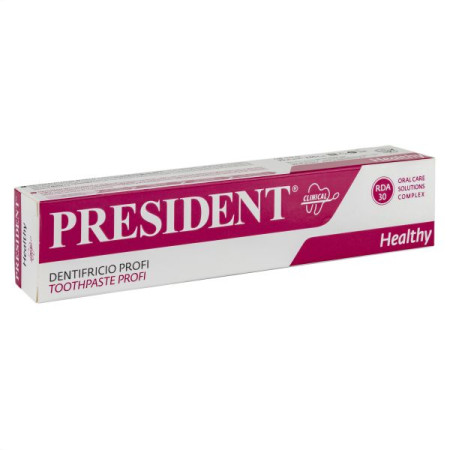Rheumatoid arthritis injection solution 10mg/ml ampoule 1.5 ml No. 5

Rheumatoid arthritis injection solution is used for short-term symptomatic treatment of acute attacks of rheumatoid arthritis and ankylosing spondylitis when other routes of administration cannot be used.
Composition
Active ingredient: meloxicam.
1 ml of solution contains 10 mg of meloxicam.
Excipients: meglumine, glycofurol, poloxamer 188, sodium chloride, glycine, sodium hydroxide, water for injections.
Contraindication
III trimester of pregnancy; patient's age up to 18 years; hypersensitivity to the active substance or to other components of the drug; hypersensitivity to active substances with a similar effect, such as NSAIDs, acetylsalicylic acid (meloxicam should not be prescribed to patients who have experienced symptoms of asthma, nasal polyps, angioedema or urticaria after taking acetylsalicylic acid or other non-steroidal anti-inflammatory drugs); gastrointestinal bleeding or perforation associated with previous NSAID therapy in history; gastrointestinal bleeding, cerebrovascular bleeding in history or other blood clotting disorders; active or recurrent ulcer / bleeding in history (two or more separate confirmed cases of ulcer or bleeding); severe hepatic failure; severe renal failure without dialysis; Hemostasis disorders or concomitant use of anticoagulants (contraindications related to the route of administration); severe heart failure; treatment of perioperative pain in coronary artery bypass grafting (CABG).Method of application
Intramuscular use. One injection of 15 mg once daily.
Application features
Pregnant women
Meloxicam should not be used during the first and second trimesters of pregnancy unless clearly necessary. If meloxicam is used by a woman attempting to conceive or during the first and second trimesters of pregnancy, the dosage and duration of treatment should be kept to the lowest possible level.
In the third trimester of pregnancy, all prostaglandin synthesis inhibitors may pose a risk to the fetus:
cardiopulmonary toxicity (with premature closure of the ductus arteriosus and pulmonary hypertension); renal dysfunction, which may progress to renal failure with oligohydramnios.Possible risks in the last stages of pregnancy for the mother and newborn:
possibility of prolongation of bleeding time, anti-aggregation effect even at very low doses; suppression of uterine contractions, leading to delayed or prolonged labor.Therefore, meloxicam is contraindicated in the third trimester of pregnancy.
Children
Rheumatoid arthritis, solution for injection 15 mg/1.5 ml, is contraindicated in children.
Drivers
There are no specific studies on the effects of the drug on the ability to drive or use machines. However, based on the pharmacodynamic profile and the observed adverse reactions, meloxicam is unlikely to have any or a negligible influence on these activities. However, patients who experience visual disturbances, including blurred vision, dizziness, drowsiness, vertigo or other central nervous system disorders, are advised to refrain from driving or using machines.
Overdose
Symptoms of acute NSAID overdose are usually limited to lethargy, drowsiness, nausea, vomiting, and epigastric pain, which are generally reversible with supportive therapy. Gastrointestinal bleeding may occur. Severe poisoning may result in hypertension, acute renal failure, hepatic dysfunction, respiratory depression, coma, convulsions, cardiovascular failure, and cardiac arrest. Anaphylactoid reactions have been reported with therapeutic use of NSAIDs, which may also occur with overdose.
In case of NSAID overdose, symptomatic and supportive measures are recommended. Studies have shown that meloxicam elimination is accelerated by 4 oral doses of cholestyramine 3 times daily.
Adverse reactions
Most of the side effects observed are of gastrointestinal origin. Ulceration, perforation or gastrointestinal bleeding is possible, sometimes fatal, especially in elderly patients. After use, nausea, vomiting, diarrhea, flatulence, constipation, dyspepsia, abdominal pain, melena, haematemesis, ulcerative stomatitis, exacerbation of colitis were observed. Gastritis was observed less frequently.
Interaction
Some medicinal products or therapeutic groups may contribute to hyperkalaemia: potassium salts, potassium-sparing diuretics, angiotensin-converting enzyme (ACE) inhibitors, angiotensin II receptor antagonists, non-steroidal anti-inflammatory drugs, (low molecular weight or unfractionated) heparins, ciclosporin, tacrolimus and trimethoprim.
The onset of hyperkalemia may depend on whether there are associated factors. The risk of hyperkalemia is increased if the above-mentioned drugs are used concomitantly with meloxicam.
Storage conditions
Store in the original packaging at a temperature not higher than 25ºС. Store in a place inaccessible to children.
Shelf life - 2 years.
There are no reviews for this product.
There are no reviews for this product, be the first to leave your review.
No questions about this product, be the first and ask your question.










